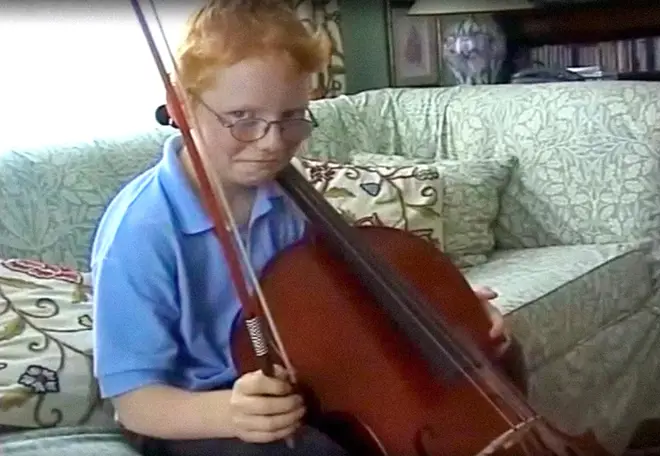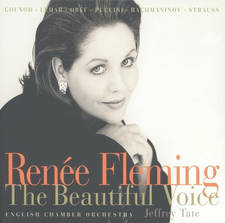93% of schoolchildren excluded from arts due to lack of funding, new report says
2 April 2025, 11:38 | Updated: 2 April 2025, 13:03

Less than two weeks after Ed Sheeran called on the government for a £250 million investment in music education, a report reveals the state of the UK’s arts education.
Listen to this article
The National Education Union has warned of an “arts apocalypse” in education as 93% of children in state schools are being excluded from the arts due to a lack of funding.
New research led by Child of the North and the Centre for Young Lives has revealed damning statistics about the decline of arts in UK schools, including that entries of expressive arts subjects at GCSE fell by 34% between 2015 and 2024.
42% of schools no longer enter pupils for GCSE Music, 41% no longer enter pupils for GCSE Drama, and 84% of schools don’t offer GCSE Dance. Outside of the classroom, participation in extracurricular activities has decreased from 46% to 37% since the pandemic.
The research also highlighted a disparity of access to music throughout the country, with young people growing up in the South East of England being twice as likely to play music outside of school compared to young people in the North East - the region of England with the highest level of child poverty.
Read more: Ed Sheeran performs at old school after making £250m music education plea to Keir Starmer

Nicola Benedetti: What the Government can do for music education | Classic FM
“This is an issue of social justice,” the report states. “Children and young people from disadvantaged backgrounds deserve access to opportunities to be creative and to practise and experience the arts just as much as their more advantaged peers.”
It goes on to say: “Classical music in particular needs support to prevent it becoming exclusively enjoyed by the older and the more affluent.”
The report highlights the benefits of an arts education, emphasising that “The arts are not ‘a nice to have’... but are as essential as the sciences, the humanities, and sports and exercise.”
They note that participation in structured arts activities can increase young people’s cognitive abilities by up to 19%, and that participation in arts programmes can reduce youth offending.
It particularly emphasises the impact of music, saying: “Music is perhaps the expressive art which can most strongly generate feelings of joy, self-efficacy, and belonging. Indeed, there are multiple studies that show compelling evidence of the benefits of learning an instrument and social music-making.”
Read more: Study finds live classical music has huge emotional benefits for children

Professor Mark Mon-Williams, Child of The North report series editor, reiterated this, saying: “It is time to recognise that creativity is not an optional extra - it is a fundamental pillar of an inclusive, opportunity-rich society.”
The report also warns that a lack of arts education in schools today will have a long-lasting impact on society: “The decline in music participation represents a severe threat to the cultural life and wellbeing of the UK’s future generations.”
Dr Camilla Kingdon, former president of the Royal College of Paediatrics and Child Health, said: “We cannot afford to continue to squander the innate talent that exists everywhere in our country. We must encourage our future Benjamin Zephaniahs, Ed Sheerans, and Bridget Rileys – we have a rich cultural heritage to nurture. We want a society where children of all abilities and talents can flourish.”
Read more: Ed Sheeran performs at old school after making £250m music education plea to Keir Starmer
Professor Simon J. James from Durham University and executive report editor, added: “We need to ensure we are nurturing not only the stars of the future, but also, the orchestras, brass bands and music teachers so vital for the happiness and wellbeing of our communities – and the support that is needed begins in childhood.”
In its policy recommendations, the report calls on the government to “honour its manifesto pledge to support study of creative and vocational subjects in school” and recommends a £150m arts premium fund to “develop the existing primary school workforce and train the next generation of teachers to provide arts learning in parity and combination with other subjects.”


































